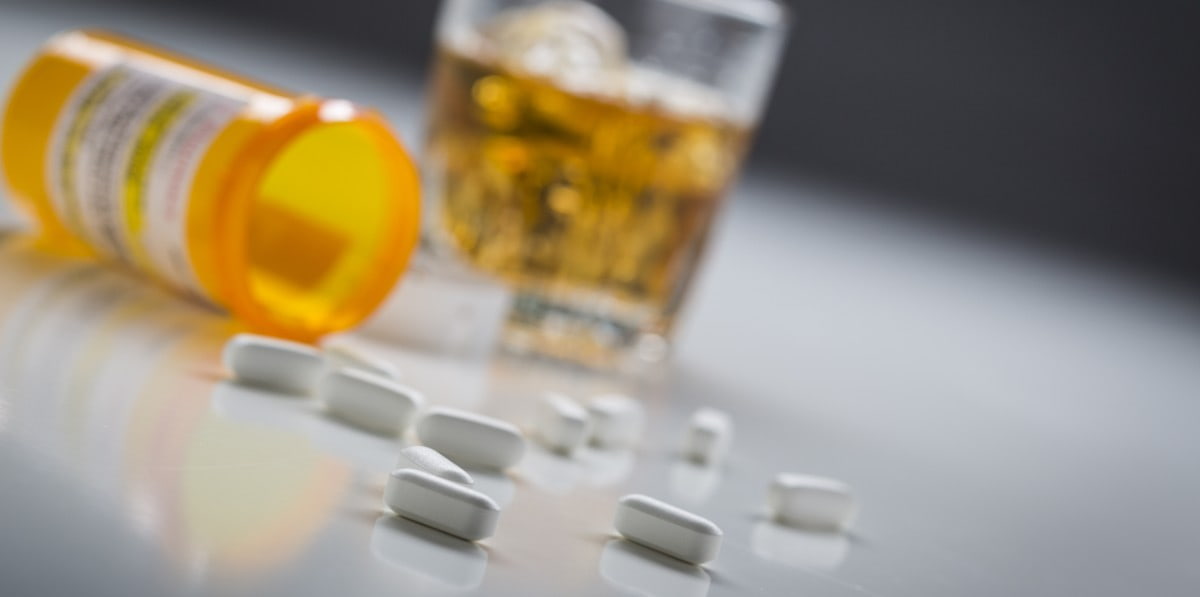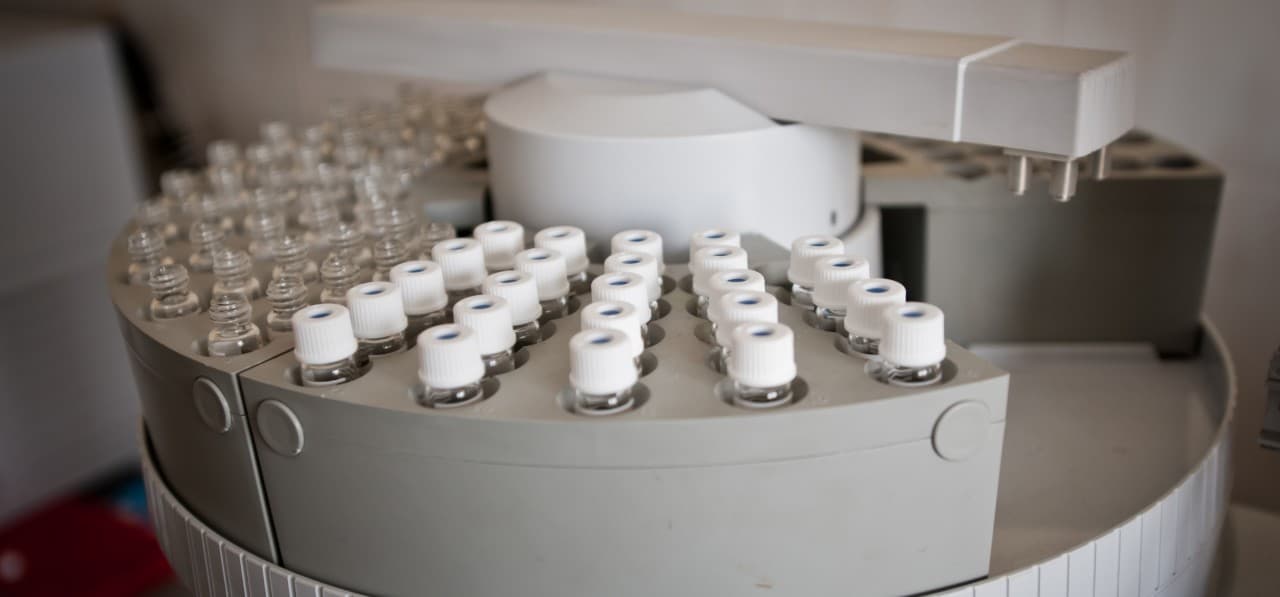To understand how a person can be charged with driving under the influence of drugs, it is essential to understand the Arizona DUI laws as they pertain to prescription drugs and your ability to operate a vehicle after taking them. In essence, the Arizona DUI of drugs law can be broken down into two parts.
Pursuant to A.R.S. § 28-1381(a)(3), it is unlawful to drive while there is any drug defined in section A.R.S. § 13-3401 or its metabolite in a person’s body. Examples of the drugs listed in A.R.S. § 13-3401 that police commonly investigate and test for during a driving under the influence of drugs case include:
Effectively, A.R.S. § 28-1381(a)(3), makes it illegal to drive if any of these medications is in your system while driving. Importantly, however, it is a defense to this law if the person driving was taking the drug as prescribed by a medical practitioner.
SIDE NOTE: Having a prescription is an affirmative defense to a charge of driving under the influence of drugs pursuant to A.R.S. § 28-1381(a)(3) and must be proven by the person charged.
Even if you have a valid prescription for the drug found in your system, you can still be charged and found guilty of driving under the influence of drugs. In addition to the requirement that you have a valid prescription, pursuant to A.R.S. § 28-1381(a)(1) it is unlawful to drive a car while under the influence of any drug, if the person is impaired to the slightest degree.
Basically, the essential issue in a driving under the influence of drugs case is impairment. If you are impaired “to the slightest degree” you can be charged with DUI. If there is no impairment, and you have a valid prescription, there is no violation of the statute.
Driving under the influence of drugs is class 1 misdemeanor and is technically punishable by up to 6 months in jail, $2,500.00 fines plus surcharges and 5 years of probation. As with a conviction for any DUI in Arizona, there are mandatory minimum penalties if convicted of a DUI for drugs. The Typical DUI (drugs) penalties include:

When prescription drugs are involved, the DUI case is much different than one involving alcohol. Here are some of the important differences:
The upshot of this comparison is that a DUI charge based upon prescription drug use is markedly different from one based on alcohol. While the number of people charged with driving under the influence of drugs has increased dramatically, these cases tend to be some of the most defensible DUI charges.
The primary evidence in the case will involve impairment. Examples of evidence commonly used by the state as proof of impairment includes:
In alcohol related DUIs, toxicology is important to prove a blood alcohol concentration for the person charged. However, driving under the influence of drugs cases tend to rely less on toxicology as the level of a drug in a person’s system is often a poor predictor of impairment. Instead, the prosecutor will tend to focus on the results and findings of the field sobriety tests and DRE examination. A police officer will ordinarily testify that he or she performed certain field sobriety tests, and that, as a result, has determined that you were impaired.
The first question is whether standard field sobriety tests are effective in detecting drug impairment. The debate on this issue is ongoing but it’s important to remember that these tests, even when administered properly, are for determining alcohol impairment NOT drug impairment. As such, the reliability of the results of field sobriety test in a driving under the influence of drugs case are always at issue.
The next issues are whether the tests were properly administered, and whether the conclusions of the officer as to the meaning of the results are valid. The test results can be attacked in several ways. The officer may not be properly trained in the administration of the tests, or in how to interpret the results. The tests may have been improperly administered, and the conclusions of the officer, may simply be wrong.
Finally, there are medical conditions that can parrot FST results, including:
The common thread in DUI (drugs) cases, is that performance on field sobriety issues and DRE results can be attacked and an investigation can be challenged by an attorney who knows the law and understands the technical aspects of a dui with drugs.
Truthfully, many alcohol related DUIs come right down to the person’s BAC. However, when driving under the influence of drugs there is no BAC so attacking the notion that you were impaired by your prescribed medication is of the utmost importance.

Because driving under the influence of drugs cases are so technical and specialized, they require a DUI drugs lawyer like Adam Feldman, who is qualified to handle them. At Feldman & Royle, we have years of combined experience handling DUI cases that involve, illicit drugs, medical marijuana and prescription medication. We have the knowledge to attack the charges against you and have successfully defended those charged with dui with drugs both in plea negotiations and at trial. For a free and confidential consultation to discuss your case and possible defenses call today.

No tags assigned to this post.